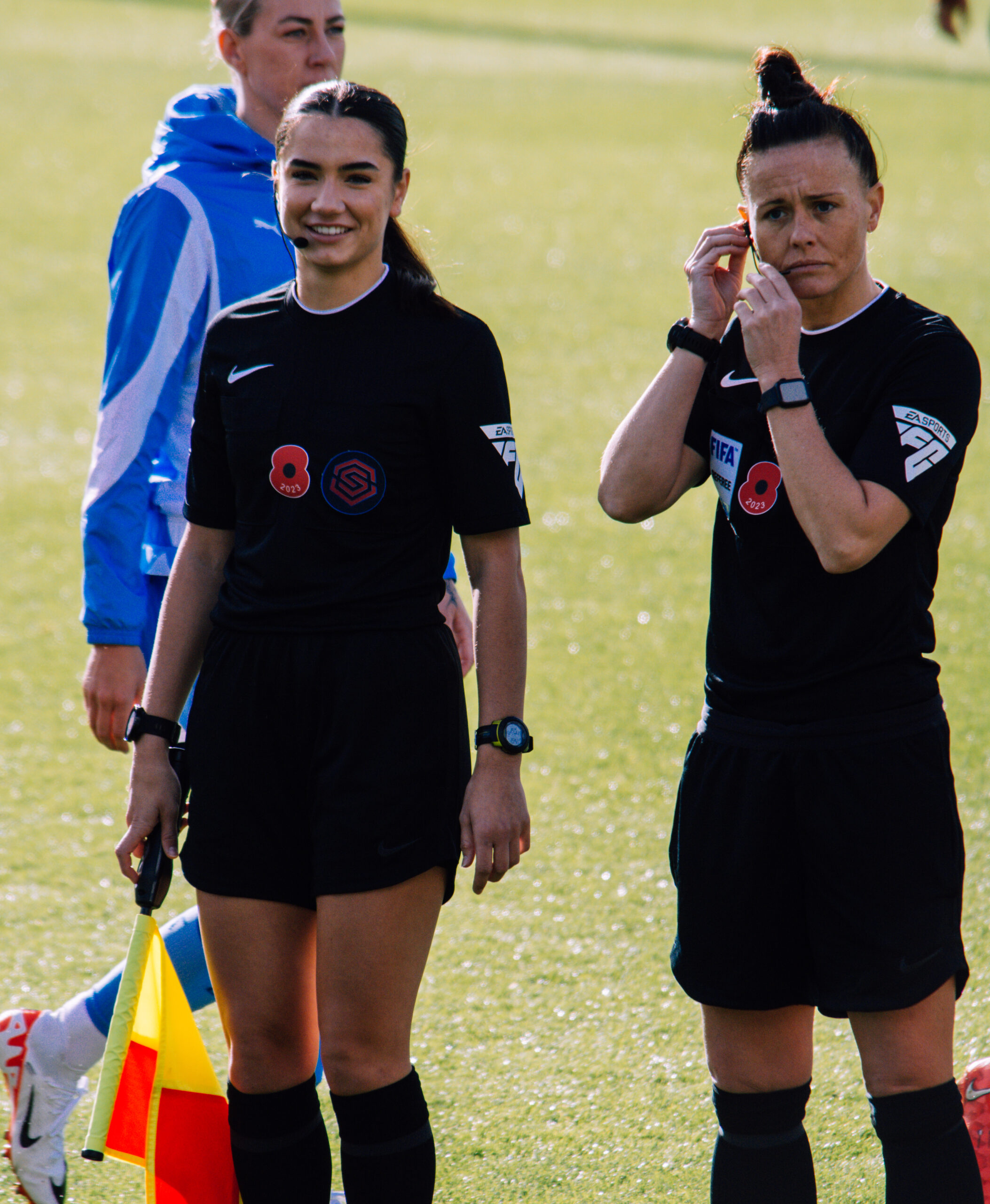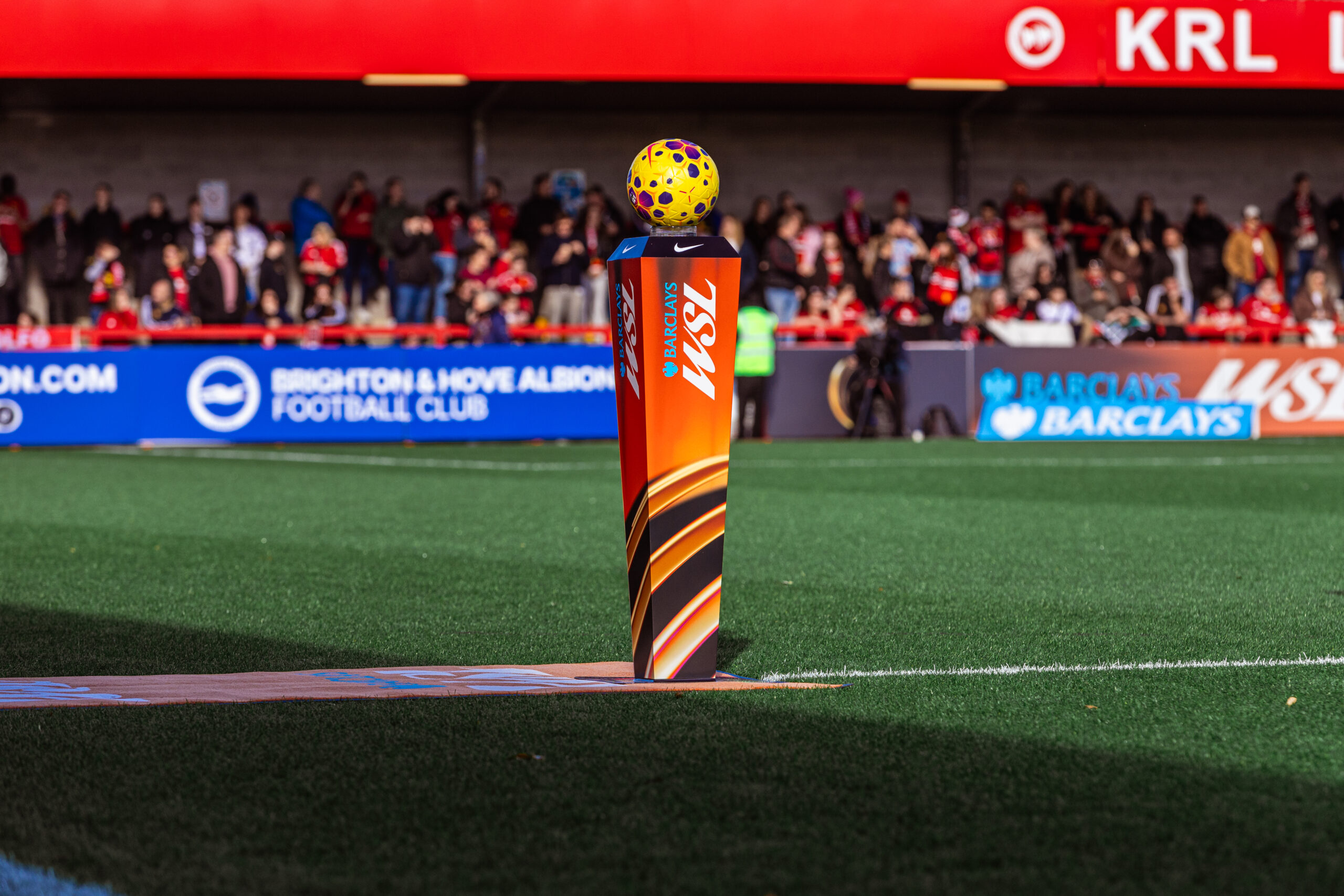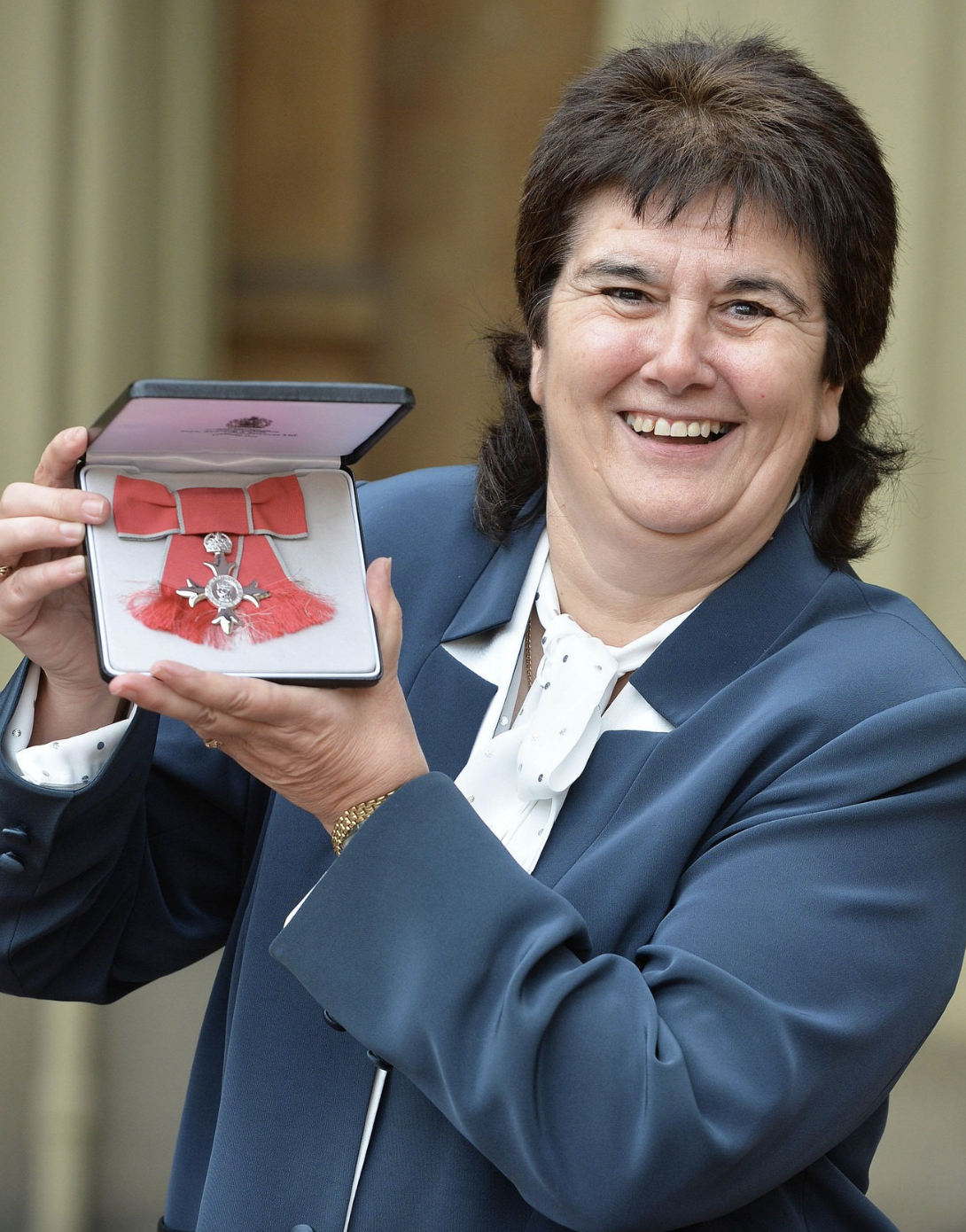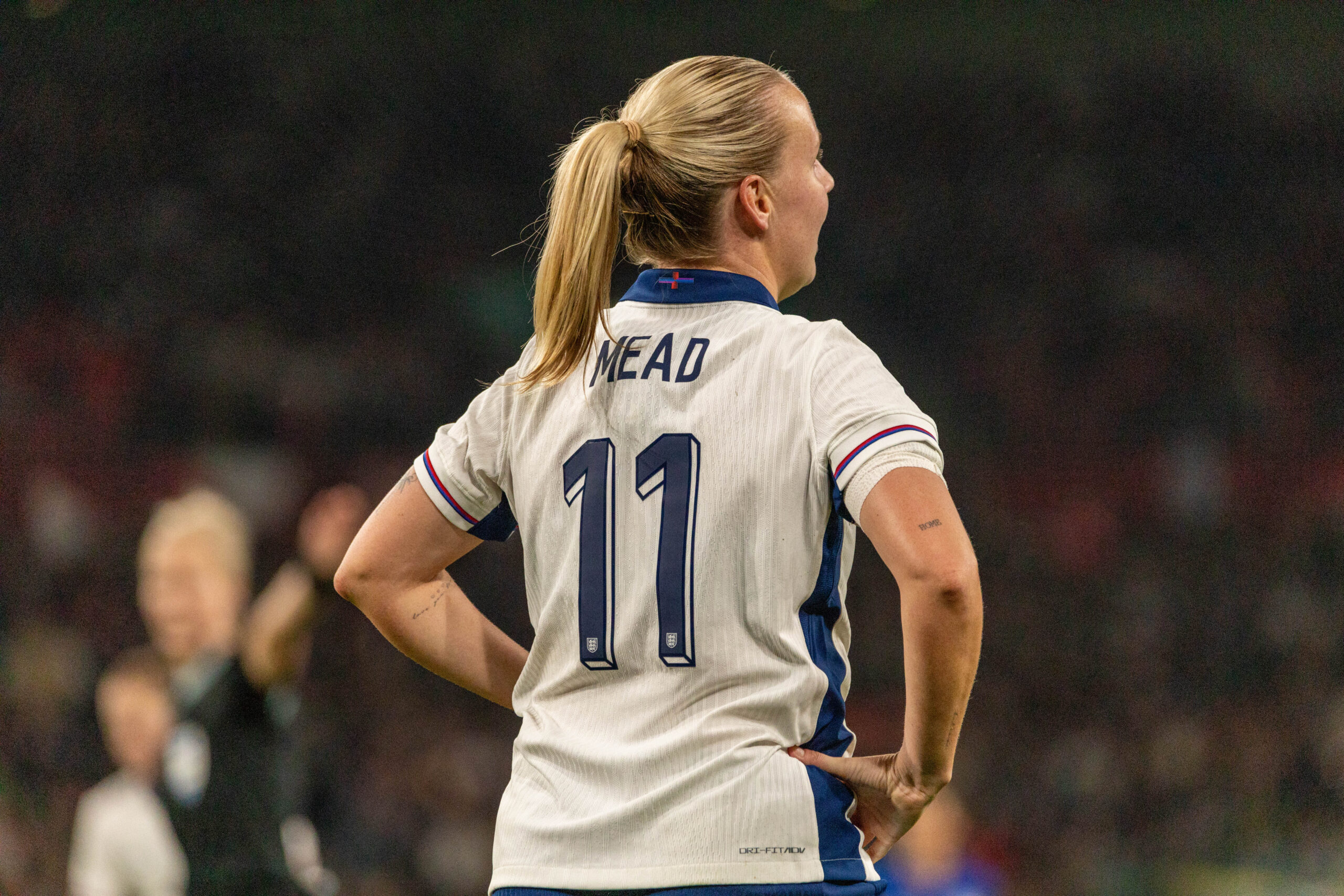From the grassroots level to the Premier League, female football referees have been breaking barriers over the past few years. But, the journey wasn’t— and still isn’t— an easy one. Often facing criticism, distrust, and even abuse, non-male referees have a different experience in the male-dominated industry. So, what are the challenges facing non-male referees from local youth matches to the World Cup, and who are some of the referees who have paved the way for a more open playing field?
Even as referees at the grassroots level, women often face far more scrutiny than their male counterparts from parents, fans, and players, with judgements being made not only on their skill at refereeing, but physical attributes or appearance.
In my own experience, I’ve had players groan when they see that a woman is in charge of their game. Broad generalisations are made, saying:
“They won’t be able to keep up.”
“Women don’t understand football.”
If there’s a compliment, it’s conditional.
“You did a good job, for a girl.”
Participants and spectators feel far more comfortable to get in a women’s space, using intimidation in an attempt to argue their points. This issue gets more and more prevalent as the games increase in level or age.
It’s not just men who belittle and distrust female referees, many women find themselves subconsciously preferring a male referee to a non-male referee, with a participant in my survey claiming,
“I just trust men more to do the job in my games, because that’s what’s been normalised.”
There have been systems set up in an attempt to quell the abuse non-male referees may face at games, such as text hotlines at a Fulham game set up by their female supporters club. But, even with these innovations, it’s hard for female referees to feel safe and comfortable enough to do their very best work.
As they work their way up, referees not only have to face bullying at the match, but cyberbullying. Women just trying to do their job not only have every decision they make scrutinised, but are sexualised on various online platforms. Such abuse can really discourage elite referees from taking their career to the next level.
Rebecca Welch made headlines in December 2023 when she became the first female referee to take charge of a Premier League match, officiating Fulham v Burnley. This incredible achievement was unfortunately marred by massive amounts of misogyny both online and at games. Only a month before, Welch had been the subject of horrid sexist chanting during a men’s match in the Championship that saw two 17-year old boys arrested. Her whole career of historical firsts has unfortunately been impacted by this attitude of male superiority— from becoming the first woman to referee a men’s English Football League game, to the first woman in charge of a match in the Championship, to the FA Cup, and all the way to the top. She is considered one of, if not the, best referee in the women’s game, as well, referring at the World Cup, Olympics, and even the Champions League Final. Welch’s fantastic career has earned her a spot in the English Football Hall of Fame.
Recently, a group of eight women were chosen to be a part of the 2024 Copa America tournament. While this introduction was incredible, it is noteworthy that these women were only eight of 101 officials.
While it’s great that these excellent women are finally being trusted to simply do their job, it’s far too little, far too late. Federations and governing bodies in football must do better to make every job in the football industry safe and accessible for non-males.



